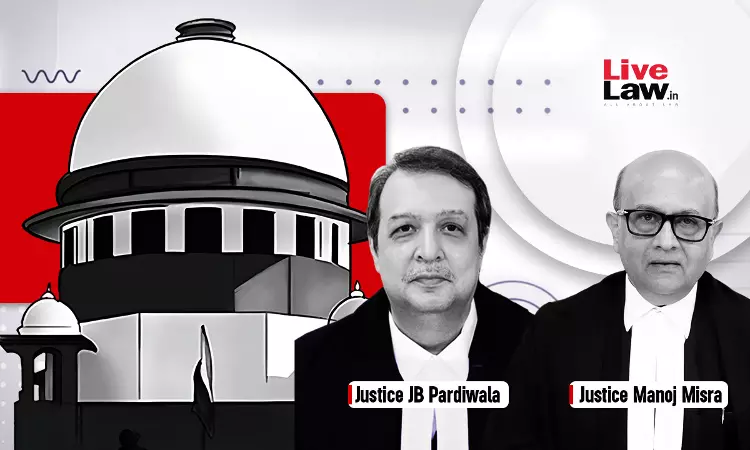Judge also presides to see that a guilty man does not escape, the Supreme Court noted while it upheld conviction of a man accused of killing his wife."The law does not enjoin a duty on the prosecution to lead evidence of such character, which is almost impossible to be led, or at any rate, extremely difficult to be led. The duty on the prosecution is to lead such evidence, which it is capable...

